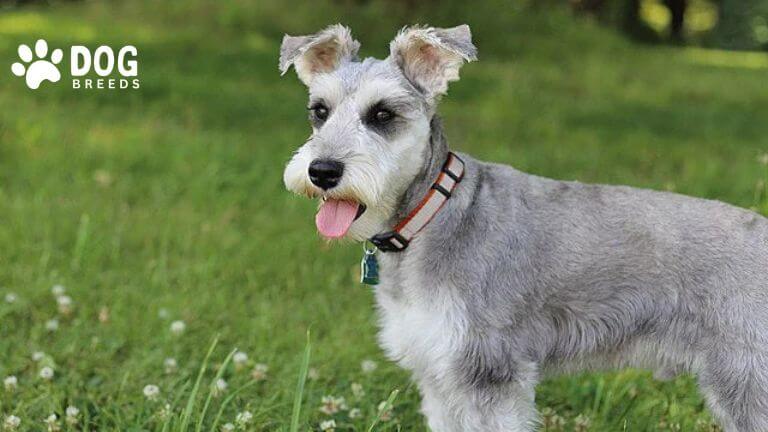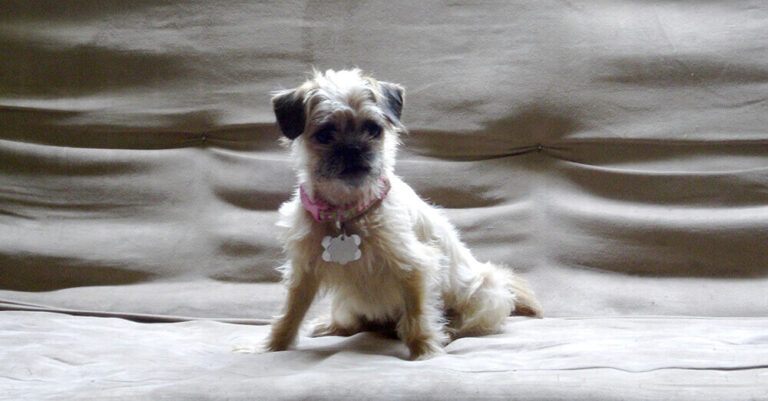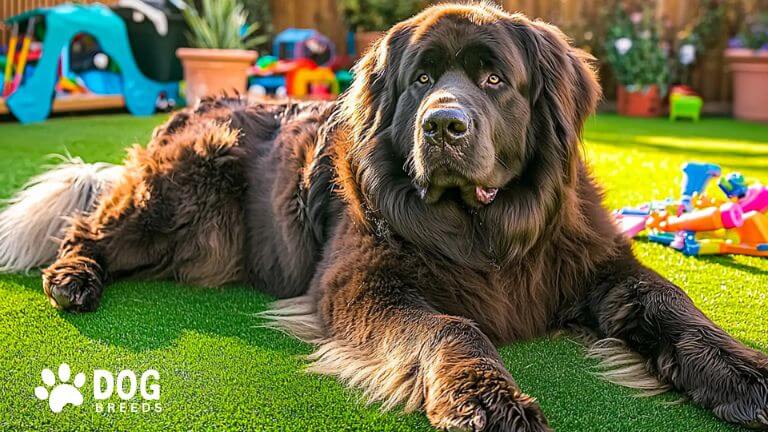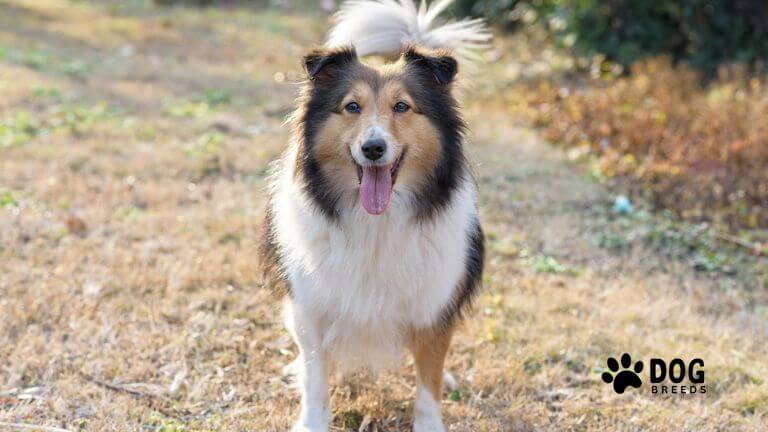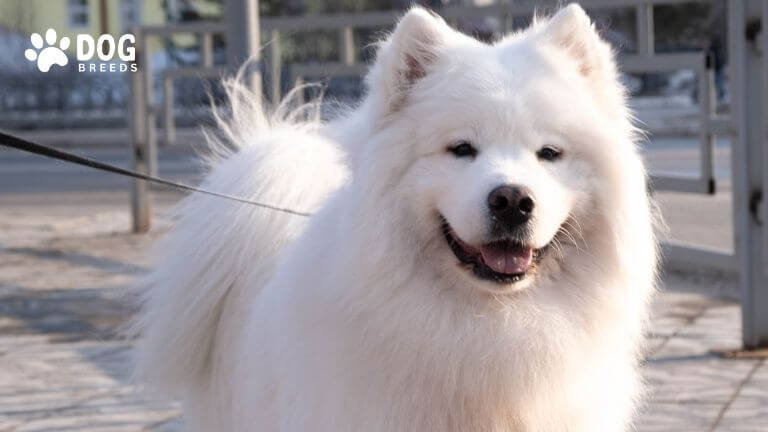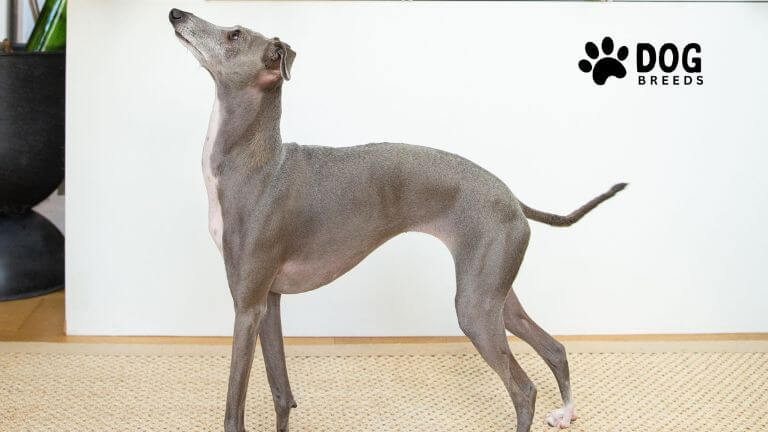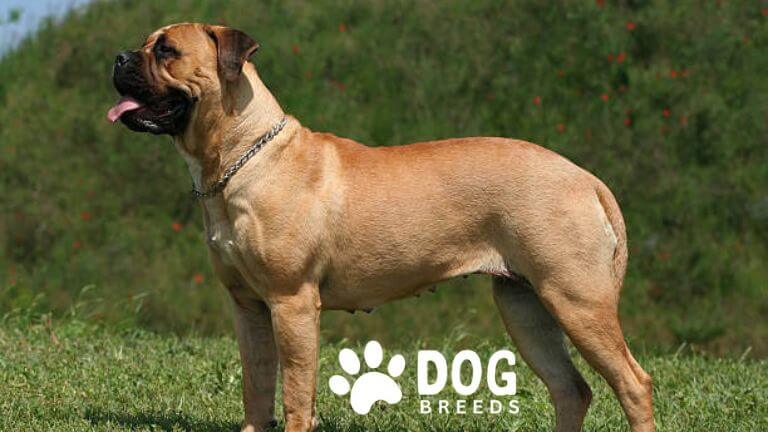Miniature Schnauzer Dog Breed: Traits, Care, and Personality
The Miniature Schnauzer is a small yet energetic breed that combines the charm of a family companion with the work ethic of its farm-dog heritage. Known for their intelligence, loyalty, and unique appearance, these dogs are a popular choice among pet lovers. This guide explores their history, physical traits, personality, health, and care needs to help prospective owners make an informed decision.
History of the Miniature Schnauzer
The Miniature Schnauzer originated in Germany during the late 19th century. Farmers bred them as versatile working dogs, primarily for rat-catching and guarding property. This breed is a smaller version of the Standard Schnauzer, achieved by crossbreeding with smaller breeds like Affenpinschers and Poodles. Over time, the Miniature Schnauzer transitioned from farm work to becoming a beloved family pet worldwide.
Physical Traits
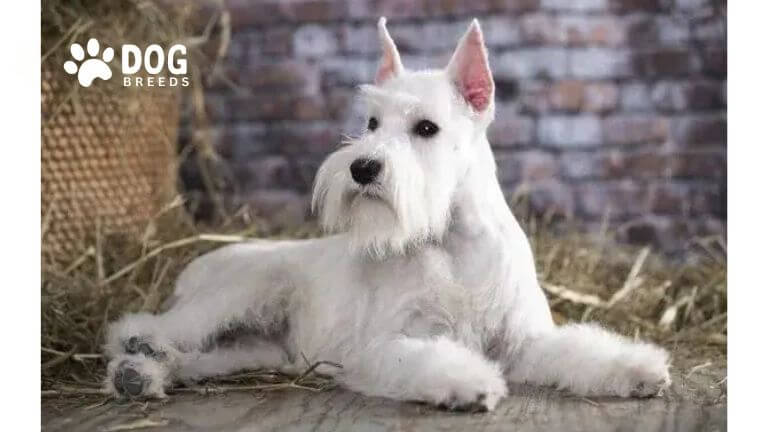
Miniature Schnauzers are small yet sturdy dogs. They typically stand 12–14 inches tall at the shoulder and weigh between 10–20 pounds. Their square-shaped build and wiry coat give them a distinct appearance. The breed is recognized for its iconic bushy beard, eyebrows, and mustache, which add to its expressive face.
Their coat comes in various colors, including salt-and-pepper, black, and black-and-silver. Although they are not entirely hypoallergenic, their low-shedding coat can make them suitable for some allergy sufferers.
Personality and Temperament
Miniature Schnauzers are intelligent, energetic, and affectionate dogs. They bond closely with their families and thrive on companionship. Their playful nature makes them excellent with children, while their alertness and courage make them effective watchdogs. Despite their small size, they possess a big personality, often showing a confident and sometimes cheeky demeanor.
These dogs are eager to please, making training a rewarding experience. They respond well to positive reinforcement techniques and enjoy mental stimulation through games, tricks, and agility training.
Grooming Needs
The Miniature Schnauzer requires regular grooming to maintain its coat and characteristic facial hair. Their wiry double coat benefits from hand-stripping or regular trimming to prevent matting. Routine grooming also includes brushing to keep their coat clean and free from debris.
Facial hair can trap food and dirt, so cleaning their beard is essential. Additionally, regular nail trimming, ear cleaning, and dental care should be part of their grooming routine.
Health Considerations
Miniature Schnauzers are generally healthy dogs with a lifespan of 12–15 years. However, they are predisposed to specific health issues, including:
- Pancreatitis: A condition causing inflammation of the pancreas, often linked to a high-fat diet.
- Hyperlipidemia: High cholesterol levels in the blood, which may lead to other complications.
- Cataracts: Cloudiness in the lens of the eye, which can impair vision.
- Liver Shunts: A condition where blood bypasses the liver, leading to toxin buildup.
- Mycobacterium Avium Complex (MAC): A rare inherited immune disease.
Regular veterinary check-ups and preventive care are essential to address these potential issues early.
Diet and Nutrition
Miniature Schnauzers require a balanced diet to support their active lifestyle. High-quality kibble with 10–15% fat content is recommended to prevent health issues like pancreatitis. Portion control is crucial as this breed loves food and may gain weight if overfed. Puppies should be fed small, frequent meals, while adults do well with two meals per day.
Exercise and Training
Miniature Schnauzers are energetic and require at least an hour of exercise daily. Activities like walking, running, and interactive games keep them physically and mentally stimulated. These dogs excel in canine sports such as agility and obedience, which cater to their intelligence and energy levels.
Training should start early, focusing on basic commands and socialization. Their eagerness to learn and please makes them responsive to consistent and positive training methods.
Compatibility with Families and Lifestyles
Miniature Schnauzers adapt well to various living situations, from city apartments to suburban homes with yards. Their small size and manageable energy levels make them suitable for first-time pet owners. They thrive in families where they receive ample attention and companionship. However, they can be vocal and may bark at unfamiliar sounds, making early training to curb excessive barking beneficial.
Is a Miniature Schnauzer Right for You?
If you’re looking for a loyal, intelligent, and versatile companion, the Miniature Schnauzer may be an excellent choice. Their adaptability, combined with their affectionate nature and low-shedding coat, makes them ideal for families, urban dwellers, and individuals seeking an engaging pet.
By understanding their needs for grooming, exercise, and health care, you can ensure a happy and fulfilling life for your Miniature Schnauzer.
There are plenty of dog breeds to suit all kinds of lifestyles and homes. With a little research, you can find your next best friend!
FAQs About Miniature Schnauzers
Is a Miniature Schnauzer a good dog to have?
Yes, the Miniature Schnauzer is an excellent dog for many types of families and individuals. These dogs are intelligent, affectionate, and highly adaptable. They bond closely with their owners and are known for their playful and friendly nature, making them great companions for children and adults alike. Their hypoallergenic, low-shedding coat makes them a suitable choice for people with mild allergies. Miniature Schnauzers are also energetic and enjoy activities like walking, agility training, and games, which help keep them happy and healthy.
Do Miniature Schnauzers bark a lot?
Miniature Schnauzers are naturally alert and protective, so they tend to bark frequently, especially at unfamiliar sounds or people. This behavior makes them effective watchdogs, but it can become excessive if not managed properly. Early training and consistent reinforcement can help reduce unnecessary barking. Engaging them in mental and physical activities also helps channel their energy and minimize disruptive behavior.
Is a Miniature Schnauzer a toy dog?
No, the Miniature Schnauzer is not classified as a toy dog. It is part of the terrier group, bred originally for its working capabilities on farms. Although it is small in size, weighing between 10–20 pounds and standing 12–14 inches tall, it is sturdier and more energetic than typical toy breeds. Miniature Schnauzers were bred for tasks like rat-catching and guarding, which set them apart from toy breeds that are primarily bred for companionship.
Are Miniature Schnauzers high maintenance?
Miniature Schnauzers are moderately high maintenance, especially when it comes to grooming. Their wiry double coat requires regular brushing to prevent matting and professional grooming every 4–6 weeks to maintain their characteristic look. They also need routine facial cleaning to keep their beard free of debris. Beyond grooming, they are energetic dogs that require daily exercise and mental stimulation. While their training needs are straightforward due to their intelligence, consistency is key to managing their occasional stubbornness. Overall, their care demands are manageable for dedicated owners.
- Why Are Dalmatians Not Popular? Uncovering the Truth Behind the Rarity of This Iconic Breed - April 16, 2025
- Top 15 Chinese Dog Breeds: Discover the Best Dogs from China - April 14, 2025
- Dalmatian Dog Breed: History, Care, Personality & Health - April 3, 2025

